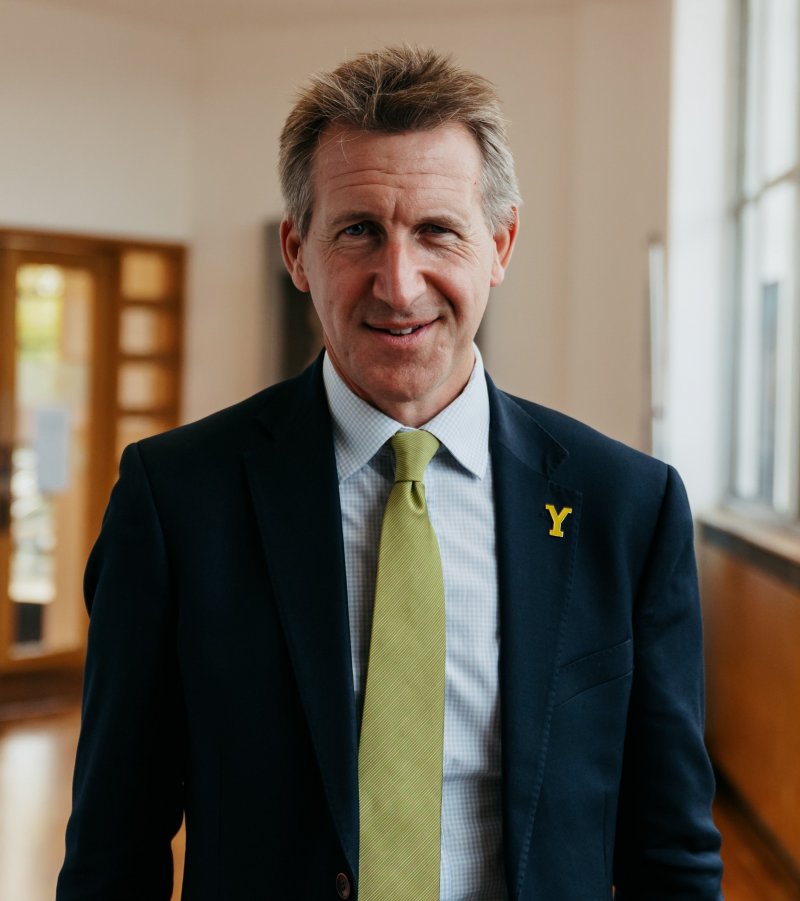As we approach the General Election, it is a statement of fact to say there are a range of malign forces seeking to interfere and undermine our democratic process. Be under no illusion that our democracy is under attack and we need to ensure we are prepared to counter the threats to the integrity of the election process.
The right to vote is a precious one, earned over centuries of struggle, and allows us to choose our local MP, councillors and Mayor. Any attempt at interference devalues voting and weakens democracy.
You need only to look online to see examples of such interference. I am not talking about ordinary party politics; I mean the new technologies being developed at pace to circulate falsehoods and trigger a loss of public confidence in elections.
One of the latest is technology designed to produce fake pictures and audio, known as deepfakes.
The subjects are often those with significant influence such as actors, musicians or MPs and mayors. In recent months, manipulated images of Keir Starmer and Rishi Sunak have circulated online with many unaware they are not genuine. The perpetrators remain in the shadows but are often countries hostile to Britain’s interests, or online groups acting on their behalf, as well as fringe political activists who seek to weaken public trust in the integrity of elections.
We have also seen attempts to interfere elsewhere over the last year – in Spain, where false threats of a terror attack on polling stations were circulated online prior to the general election, and in Slovakia, where a deepfake audio of a politician apparently discussing vote-rigging was distributed days before the vote. We cannot rule out similar attempts at manipulation in Britain.
These new threats sit alongside long standing attempts to intimidate and cause harm offline. Last year, according to the Local Government Association, eight out of 10 councillors said they felt at risk in their role, and the constituency office of a Conservative MP was subject to a suspected arson attack on Christmas Eve.
Violence, or the threat of it, can deter people from voting, campaigning or standing for election.
There are already measures in place to try to protect politicians and candidates and, while it is very hard to guarantee safety, I know our police, parliament and councils take their duties incredibly seriously.
What Britain lacks, however, is a robust plan to tackle online threats, such as disinformation and deepfakes. This is what I am now calling for, given the election is just months away.
The government set up the Defending Democracy Taskforce in November 2022 and what they must now do, as a matter of urgency, is publish basic advice for voters on how to recognise online manipulation.
A public information campaign should list the warning signs that audio or video might not be genuine: in deepfake videos this means unnatural facial expressions, blurred images, inconsistent audio and video or errors in graphics.
People must be on their guard because there are malign individuals and states who want to sow disagreement and division.
The Government now has a short window to ensure the next election is free from manipulation – and this is why a public information campaign is vital. The integrity of our democracy relies on elections that are vigorously contested but also give voters the clean contest they deserve.



























